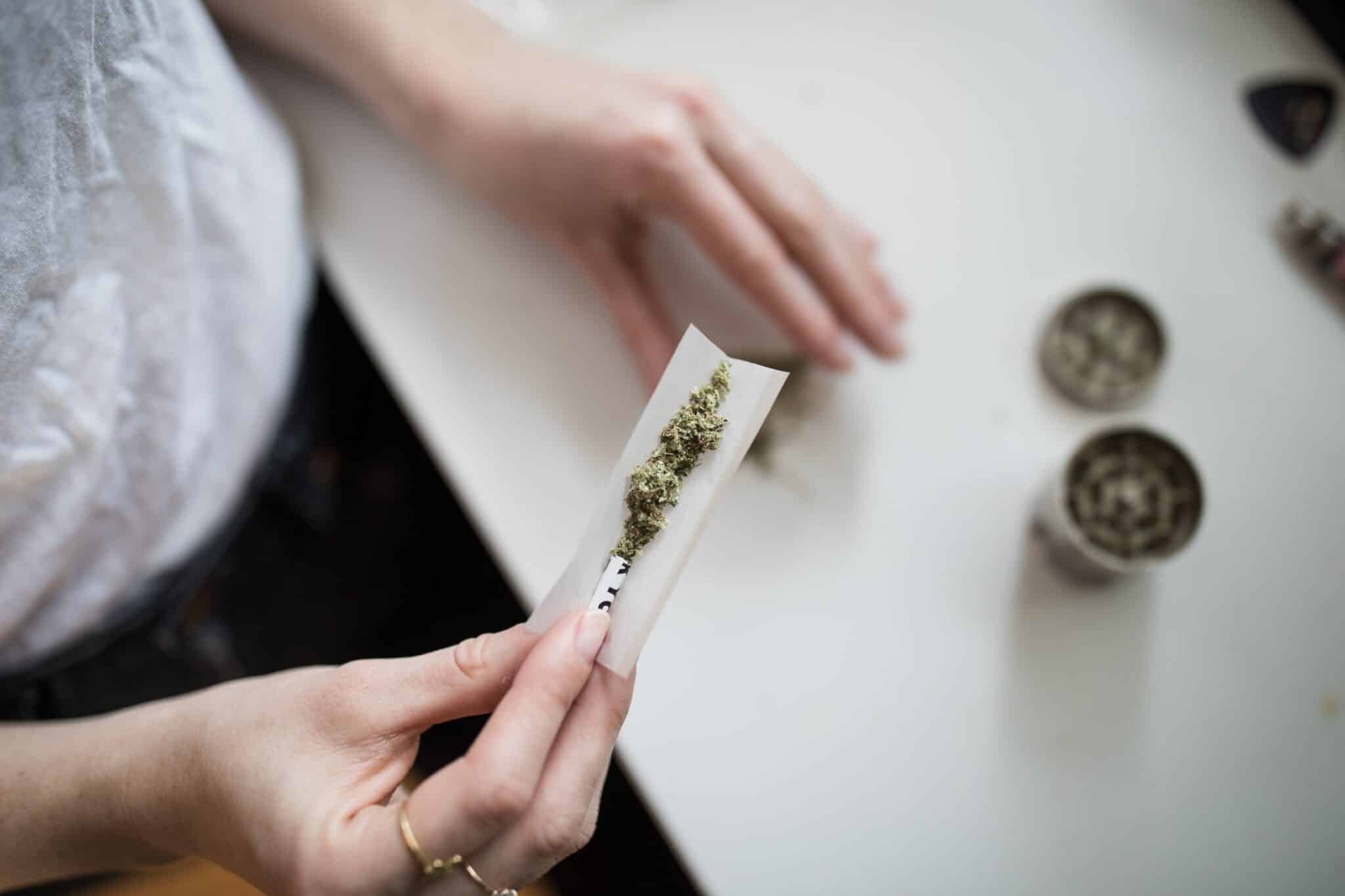Written by Paul Armentano, OtherWords
Fulfilling a high-profile campaign pledge, President Joe Biden recently announced that his office will be issuing pardons to several thousand Americans with federal convictions for marijuana possession offenses.
“There are thousands of people who have prior federal convictions for marijuana possession, who may be denied employment, housing, or educational opportunities as a result,” the president said. “My action will help relieve the collateral consequences arising from these convictions.”
But almost all marijuana-related arrests are for violations of state and local laws, not federal law.
As a result, White House officials have estimated that the president’s directive will bring relief to an estimated 6,500 people — only a fraction of the nearly 29 million Americans who have been arrested for marijuana violations over the past several decades.
Nevertheless, Biden’s actions mark a seismic shift in the way those inside the Beltway talk and think about cannabis.
Historically relegated as a fringe political issue, Biden’s foray into the arena of marijuana reform legitimizes legalization as a subject worthy of consideration — and action — by those at the highest levels of government. Further, it is a recognition — by the president of the United States, no less — that America’s nearly 100-year experiment with cannabis criminalization has been an abject failure.
Indeed, the administration’s actions acknowledge that arresting and criminalizing those who possess and consume marijuana does more harm than good.
This acknowledgement thus begs the question: Why are states and cities continuing to prosecute hundreds of thousands of people every year for behavior that most Americans no longer believe ought to even be a crime?
It’s a valid question. And it is one that leaders in Congress now need to answer.
By making the first move, the president has amplified the pressure on Congress — and Democratic leadership in particular — to respond.
According to polling data provided by Morning Consult, nearly half of registered voters — including majorities of younger voters and Democrats — believe that repealing federal marijuana prohibition ought to be a legislative priority for Congress. Nonetheless, for far too long, elected officials — and those in the Senate in particular — have provided little more than lip service.
Specifically, Senate Chuck Schumer pledged prior to the 2020 election, “If I become majority leader, I will put this on the floor and it’s likely to pass.” Yet in the nearly two years since then, no stand-alone marijuana legislation has made it through the Senate to the president’s desk.
But that could all now change.
By getting out in front of this issue, President Biden is now receiving well deserved attention and accolades. His actions are not only good policy — they are good politics. Polling finds that a solid majority of Americans support the expungement of criminal records for those convicted of marijuana-related possession crimes.
But ultimately the White House can’t repeal or amend federal marijuana laws unilaterally. Like it or not, Congress must eventually weigh in on the issue by passing legislation.
President Biden has demonstrated that the time to do so is now. And most Americans agree.
Paul Armentano is the Deputy Director of NORML (the National Organization for the Reform of Marijuana Laws) and co-author of the book Marijuana Is Safer: So Why Are We Driving People to Drink? This op-ed was distributed by OtherWords.org.






